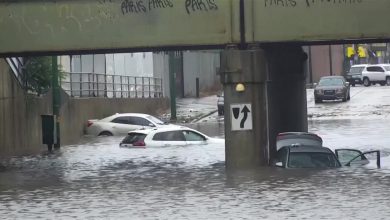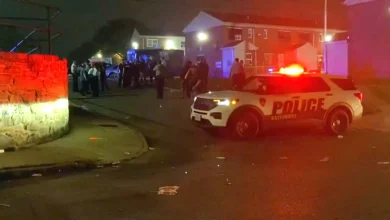The ICC Issues Arrest Warrant for Vladimir Putin Over War Crime Allegations

The International Criminal Court (ICC) has issued an arrest warrant for Russian President Vladimir Putin over allegations of war crimes. The court claims that Putin is responsible for the unlawful deportation of children from Ukraine to Russia. These crimes were committed in Ukraine from 24 February 2022, when Russia launched its full-scale invasion.
The ICC says it has reasonable grounds to believe that Putin committed the criminal acts directly and with the help of others. It also accused him of failing to use his presidential powers to stop children from being deported. Maria Lvova-Belova, Russia’s commissioner for children’s rights, is also wanted by the ICC for the same crimes. She has openly spoken of efforts to indoctrinate Ukrainian children taken to Russia, and has claimed to have adopted a 15-year-old boy from Mariupol.
The Kremlin has dismissed the ICC’s allegations, and it is unlikely that Putin will face arrest. The ICC has no powers to arrest suspects and can only exercise jurisdiction within its member countries, of which Russia is not one. However, the arrest warrant could still affect Putin’s ability to travel internationally.
ICC prosecutor Karim Khan said that “children can’t be treated as the spoils of war, they can’t be deported”. He called the crimes “egregious” and said that “one needs to be a human being to know how egregious it is”.
Kremlin spokesperson Dmitry Peskov dismissed the ICC’s decision, saying that any of the court’s decisions were “null and void”. However, Russian opposition leaders welcomed the announcement. Ukrainian President Volodymyr Zelensky said he was grateful to Mr Khan and the criminal court for their decision to press charges against “state evil”.
While Putin is unlikely to face arrest, the ICC’s decision presents a problem for him legally. He is now a wanted man, and this will inevitably place restrictions on which countries he can visit. The ICC relies on the cooperation of governments to arrest people, and Russia is “obviously not going to cooperate in this respect”.




